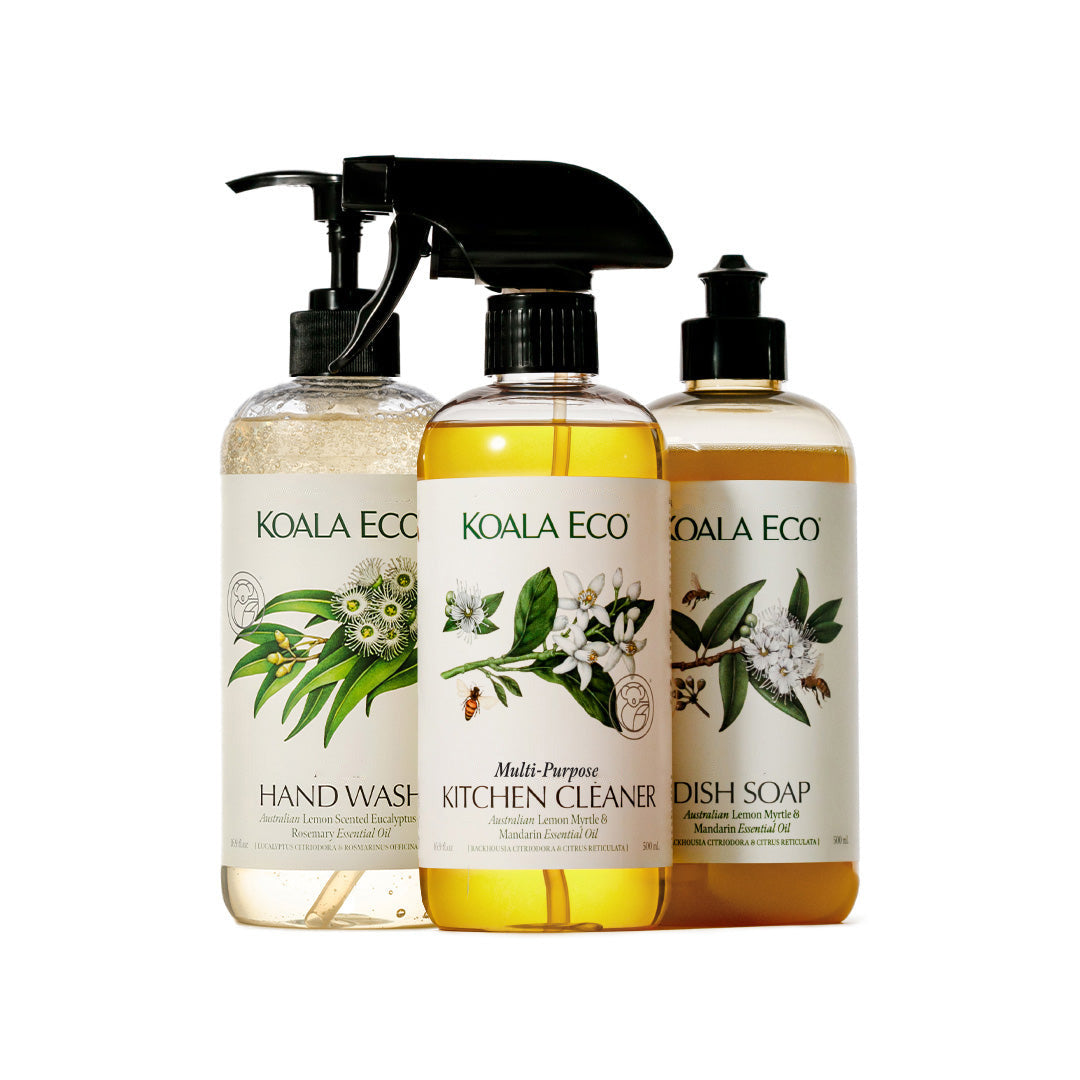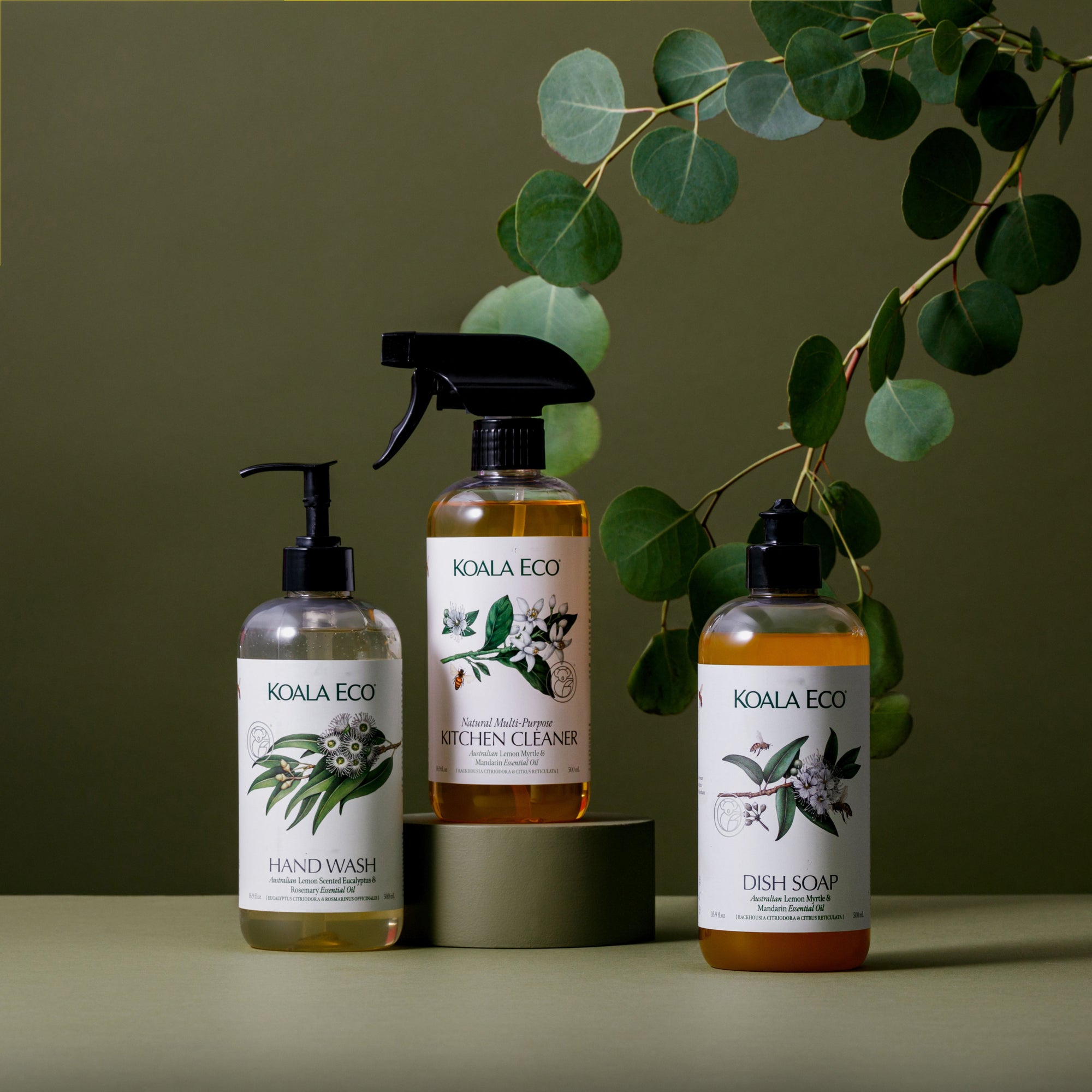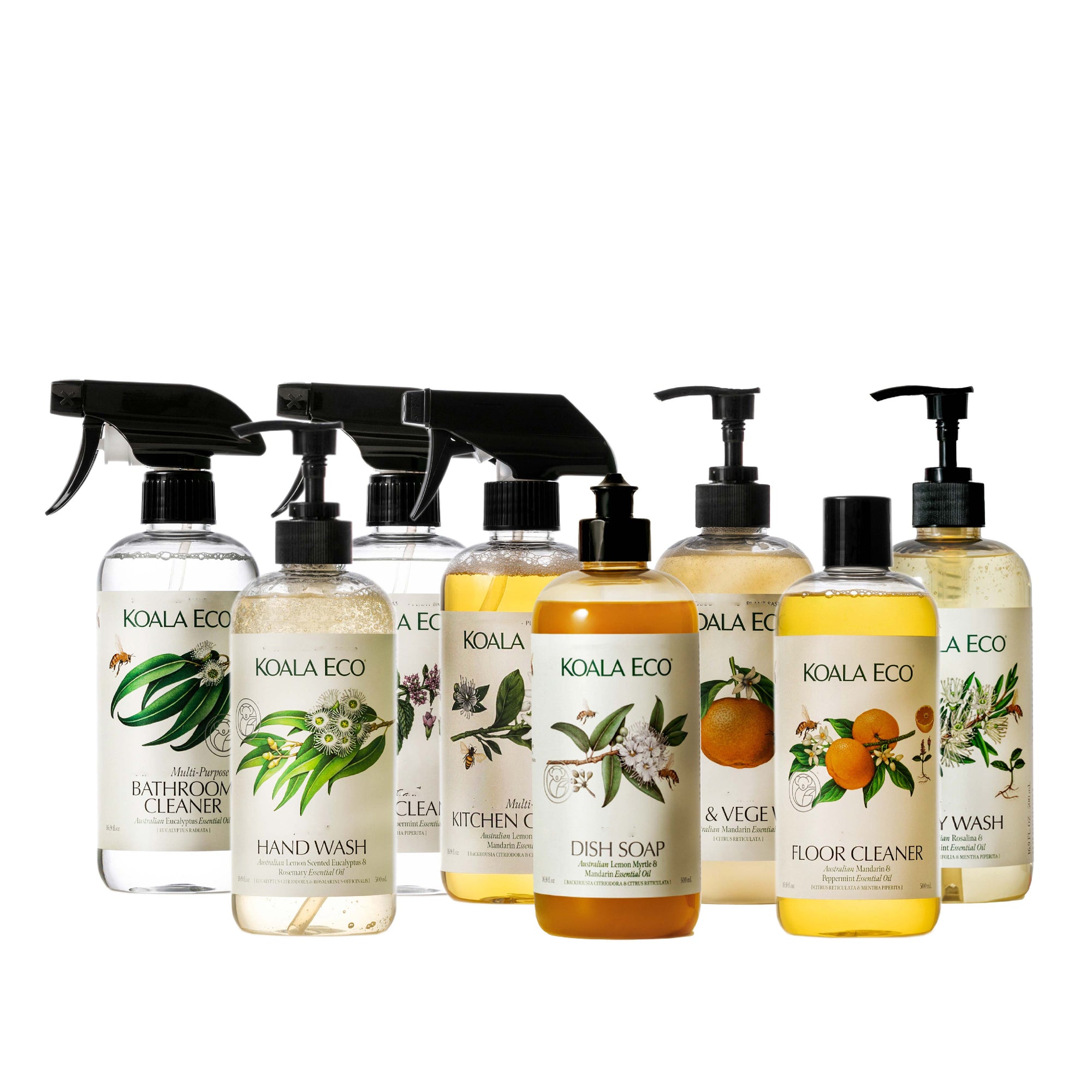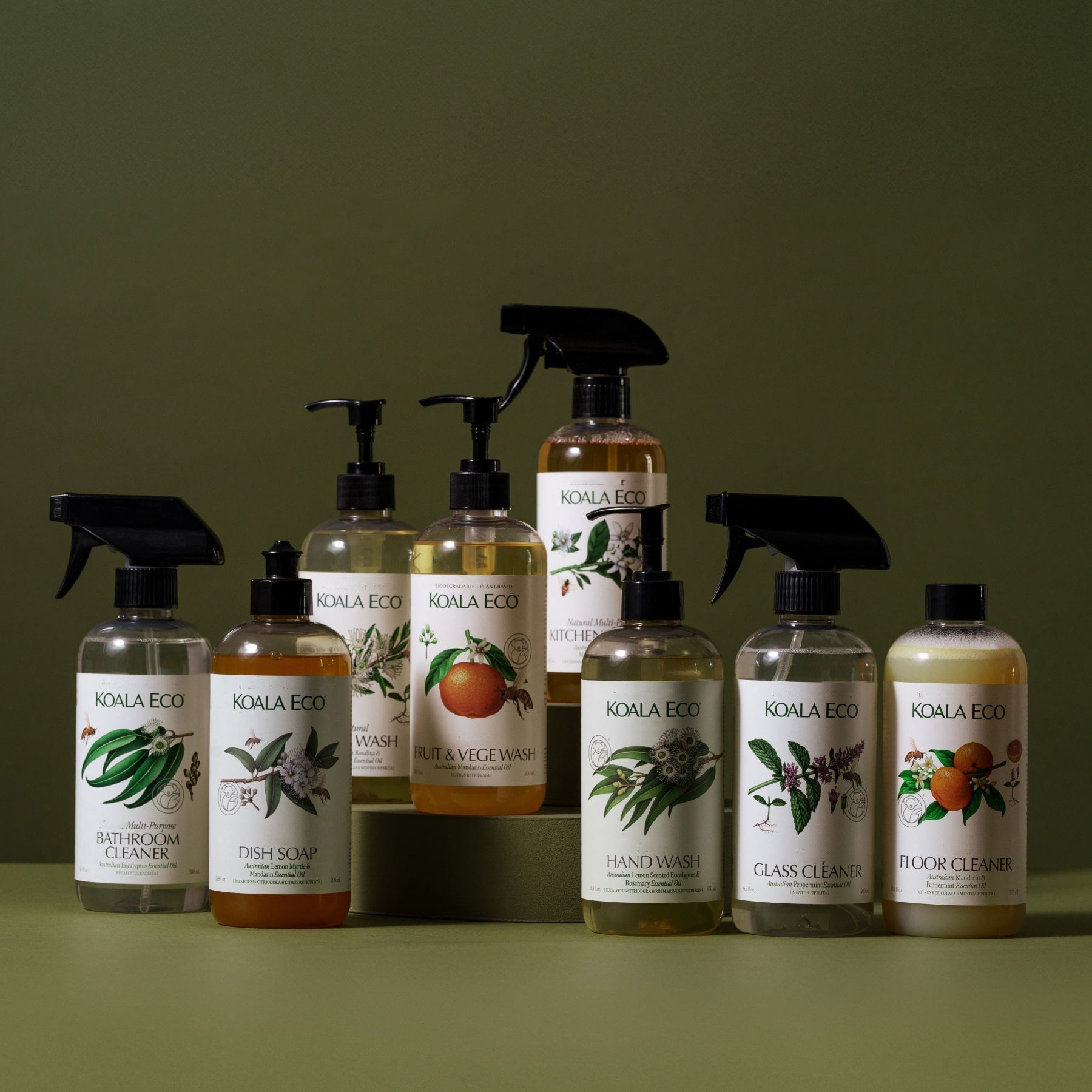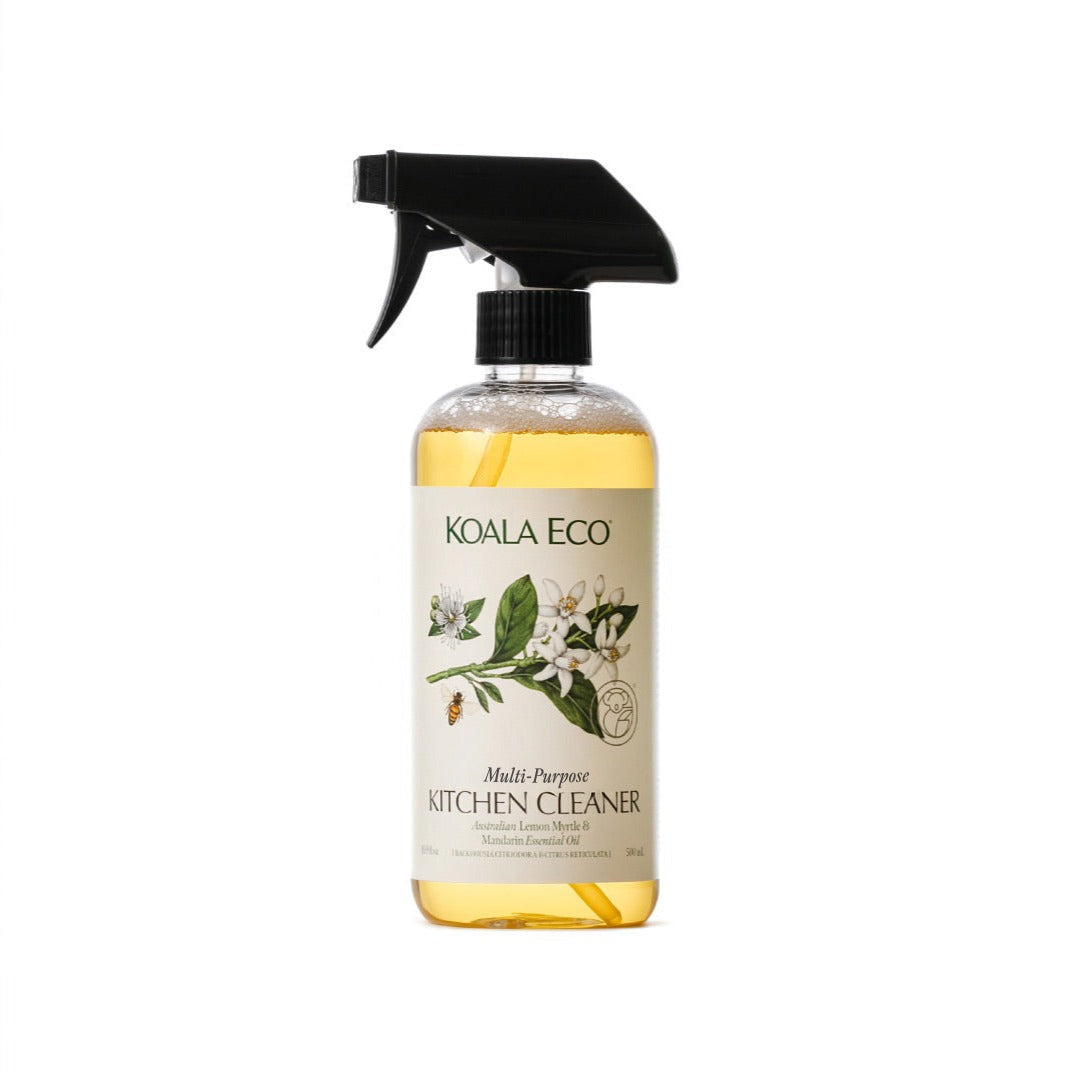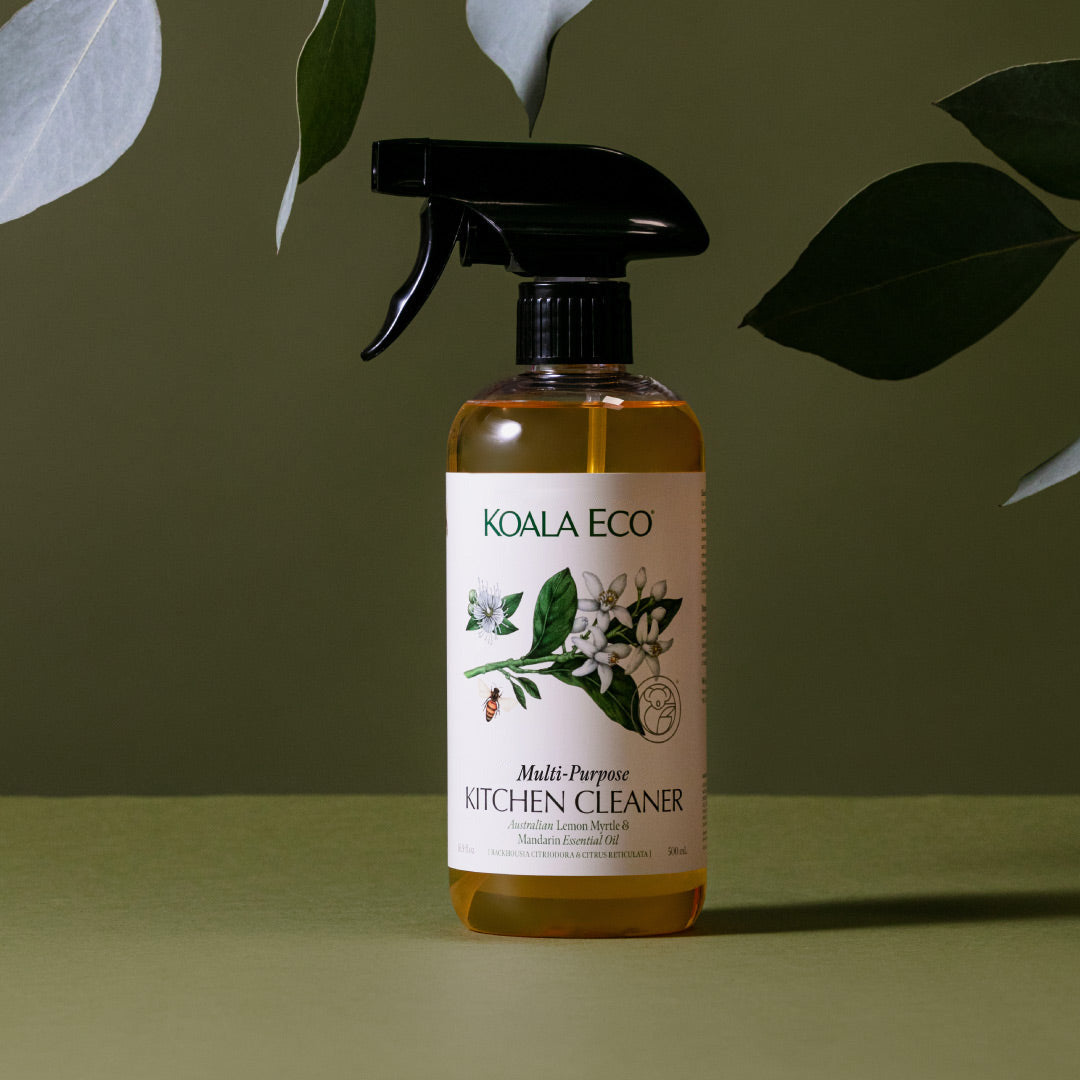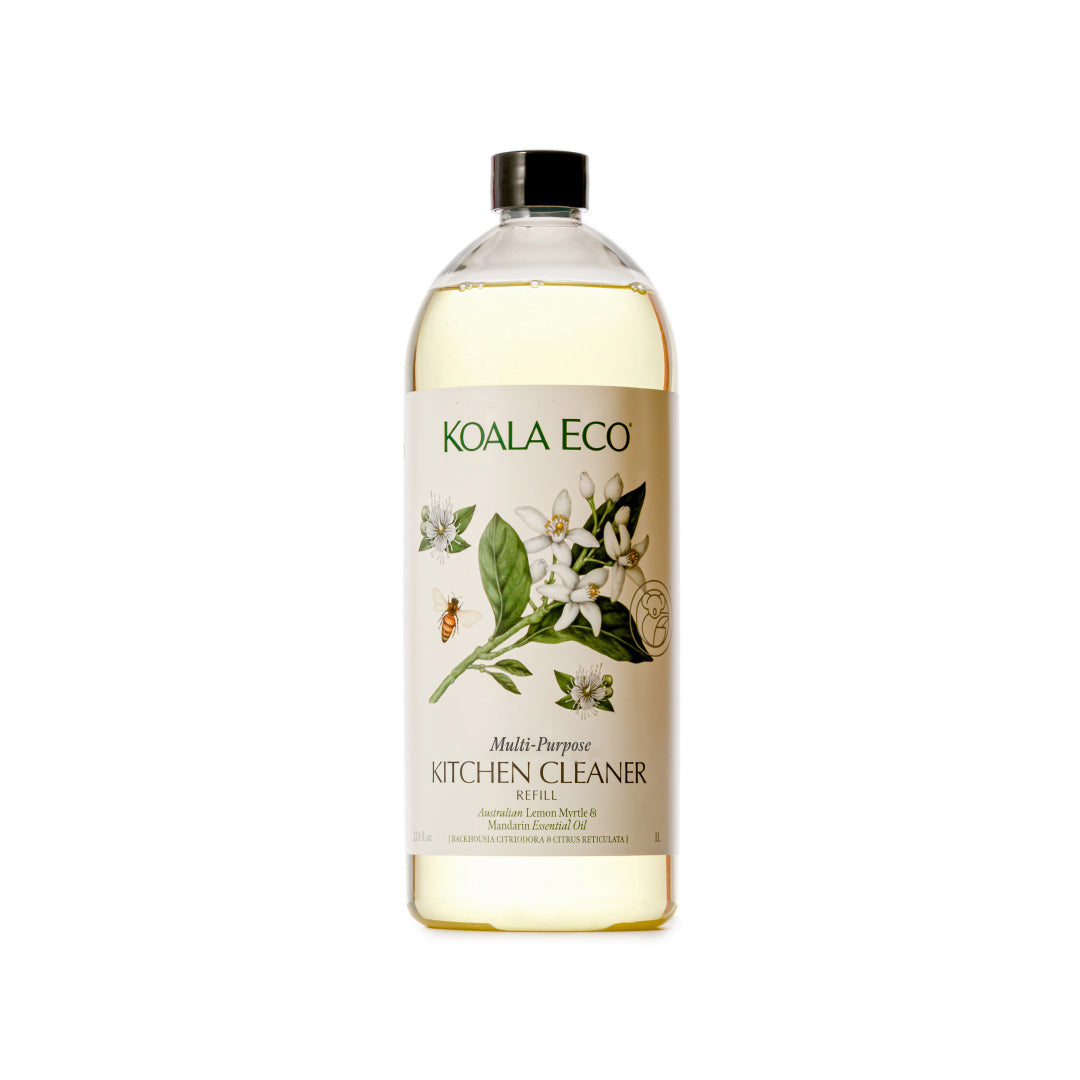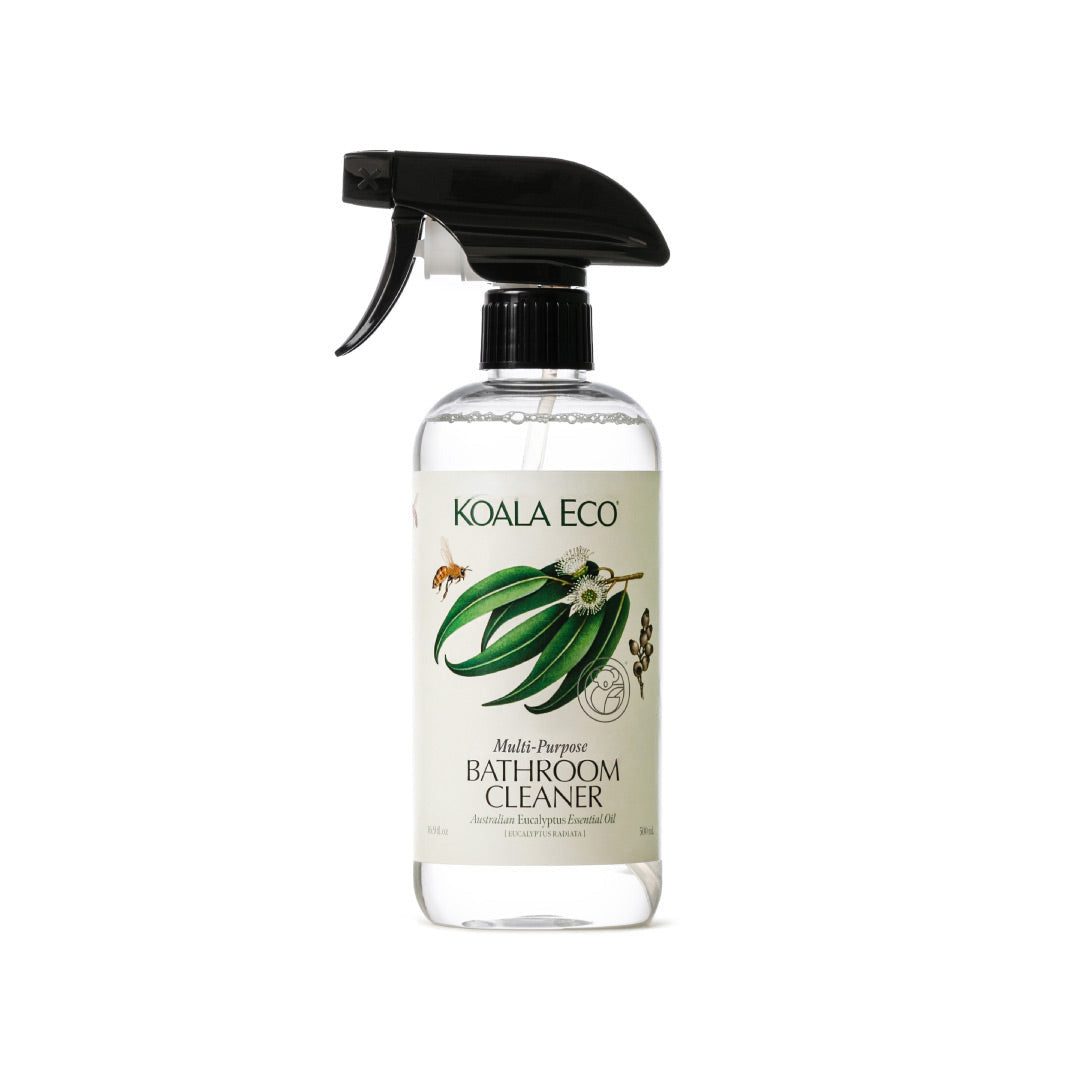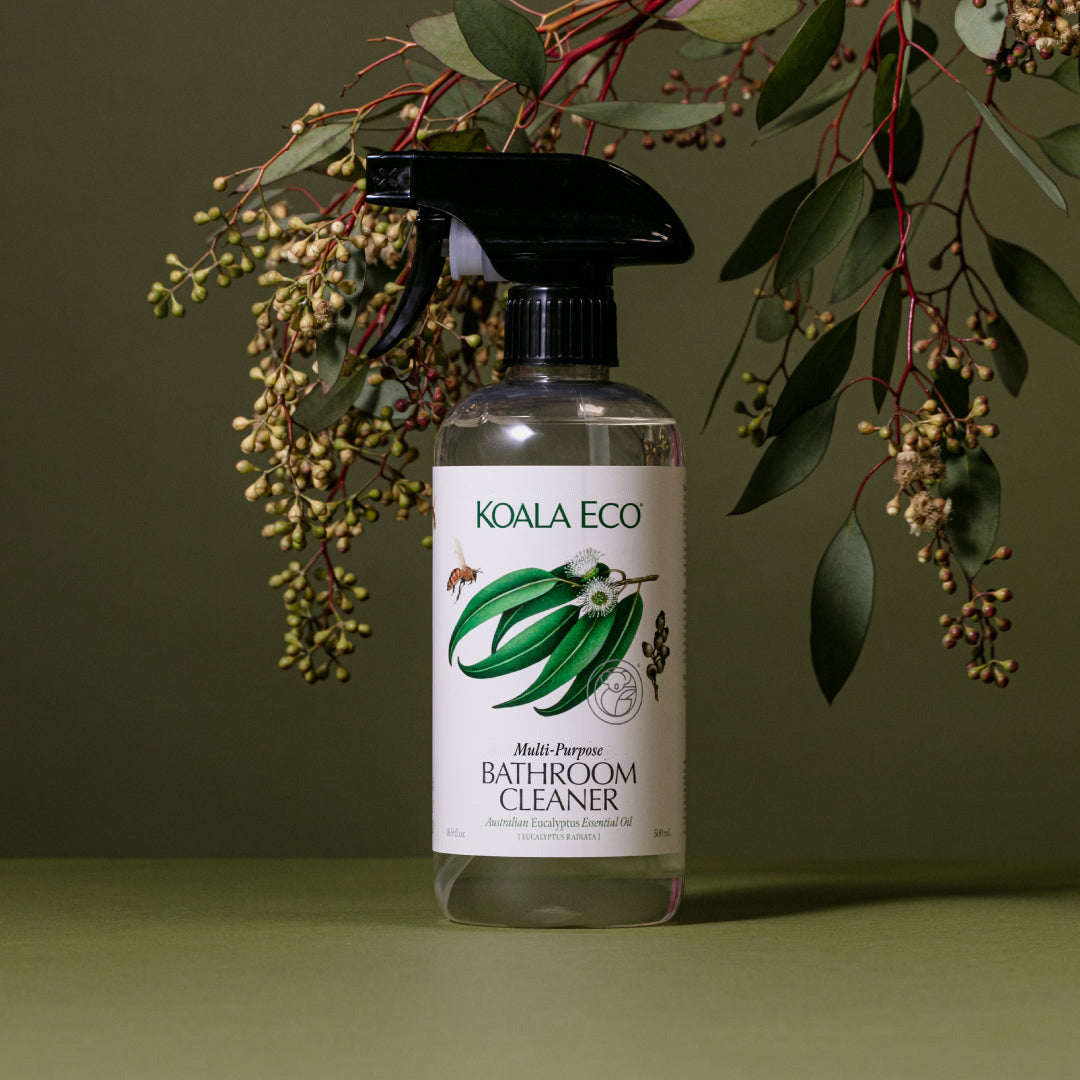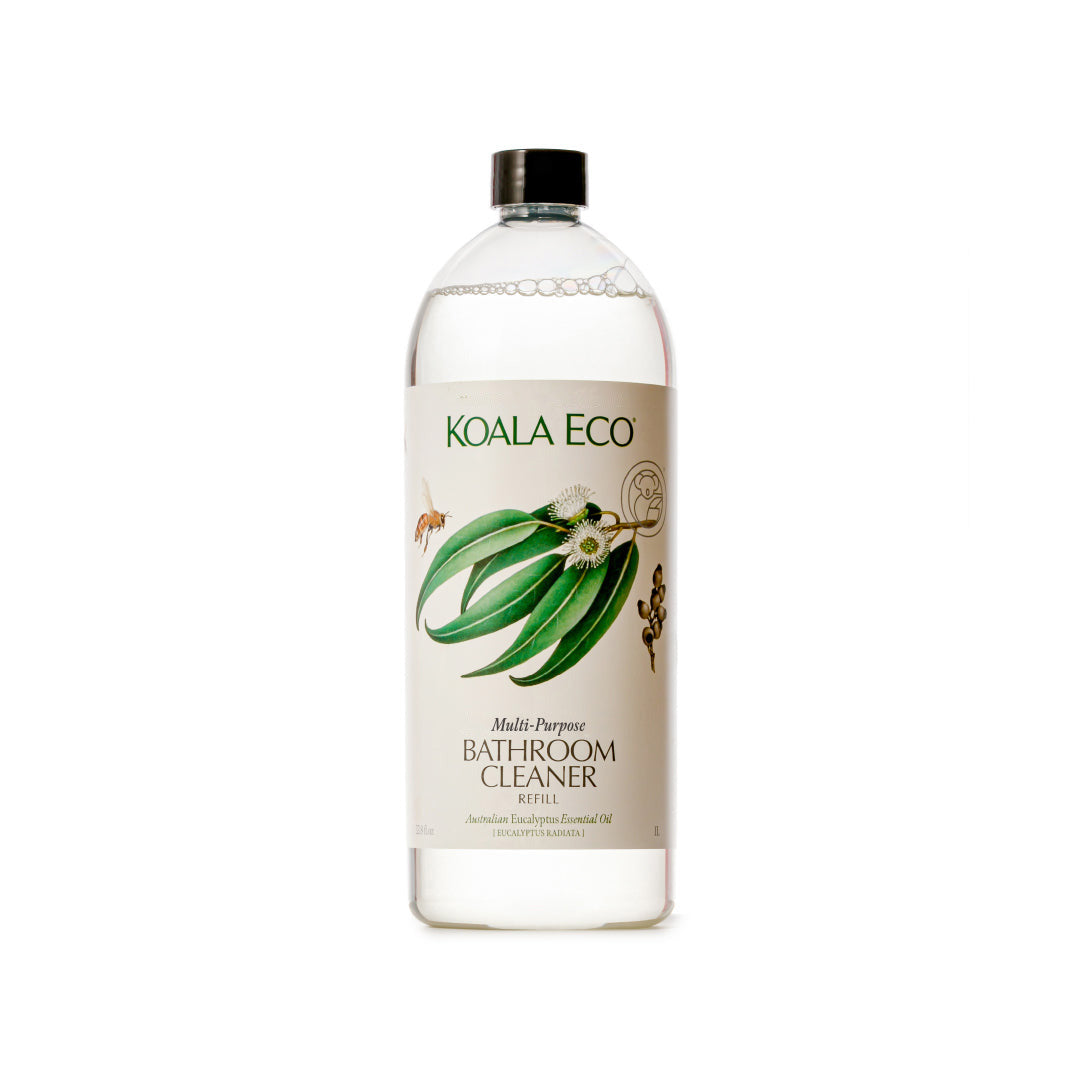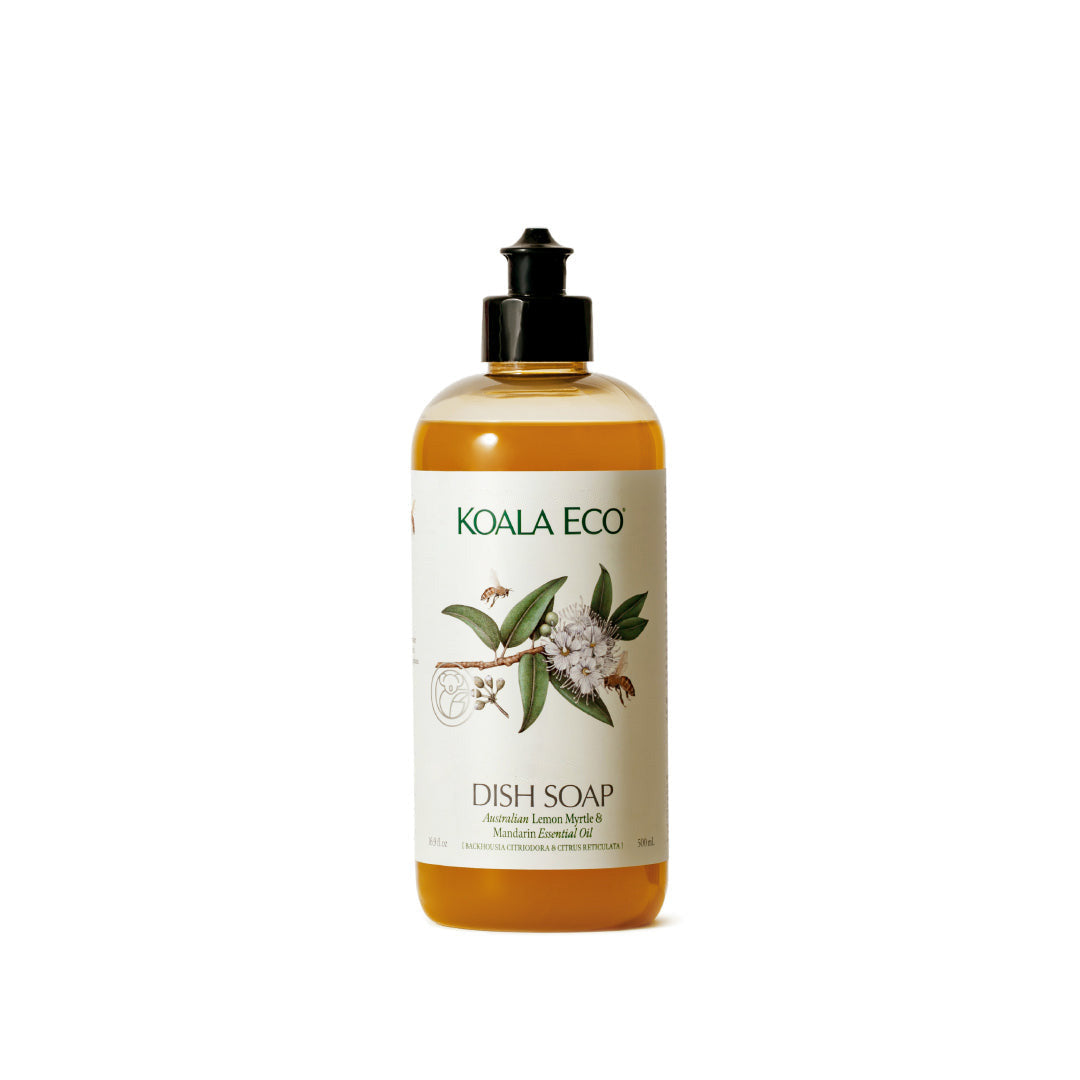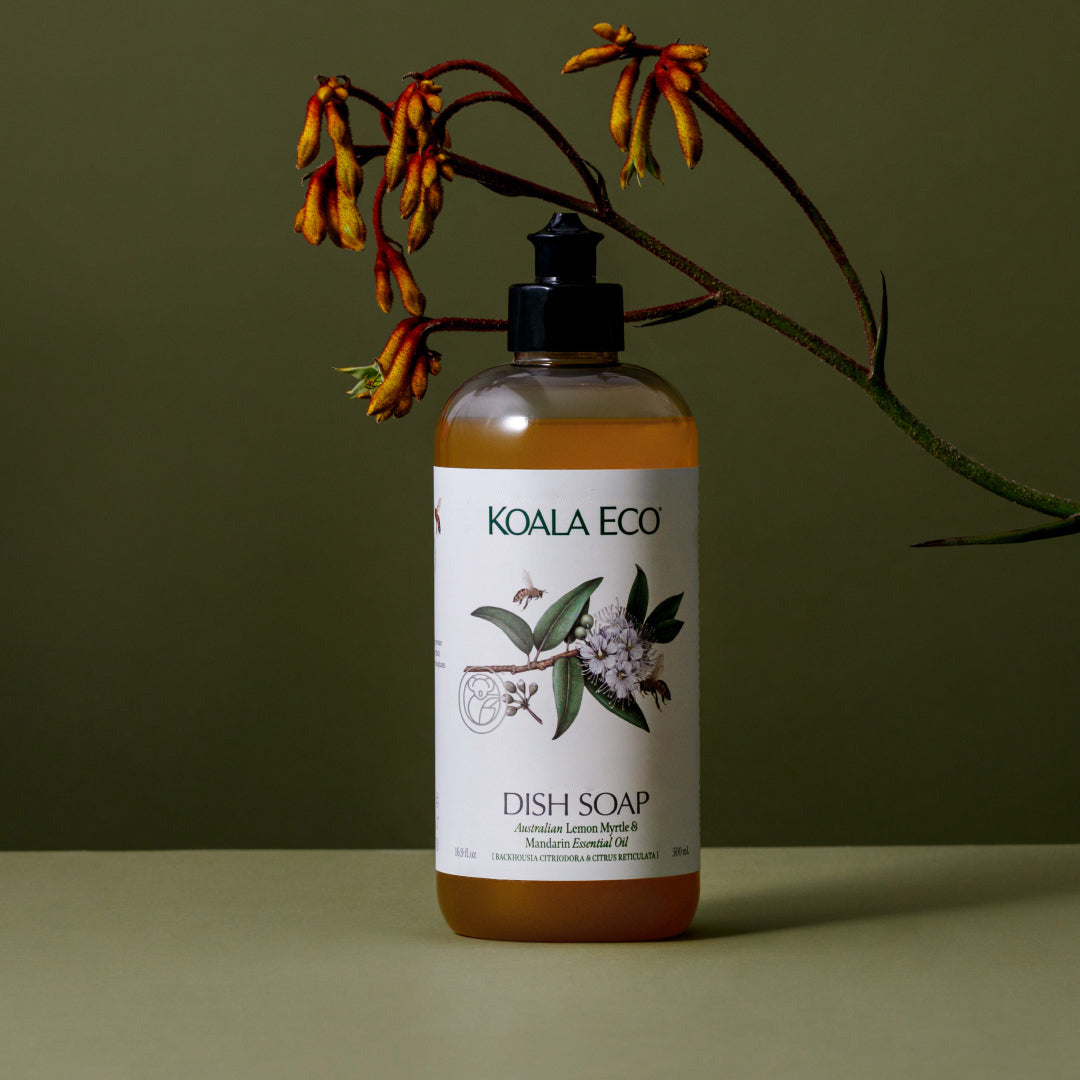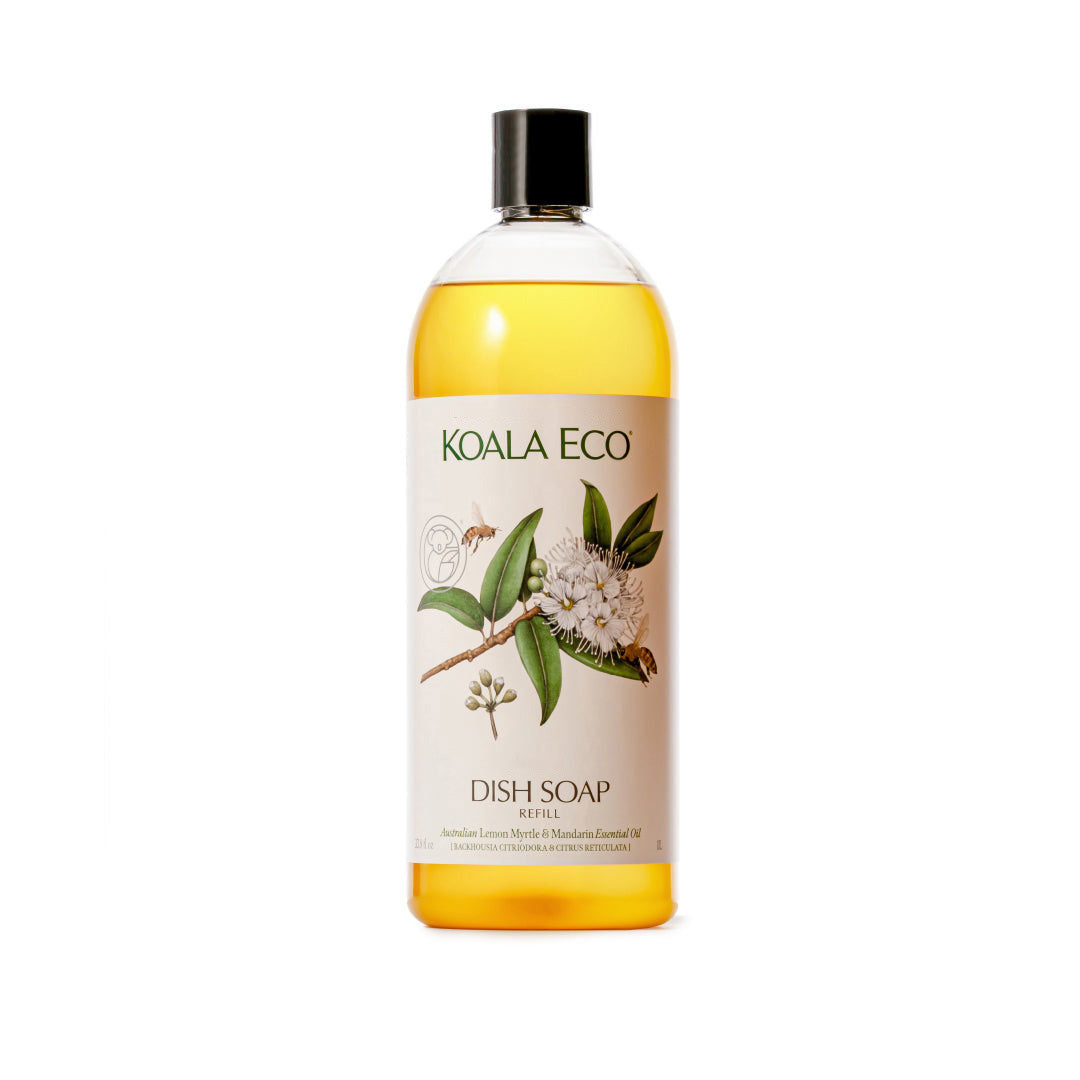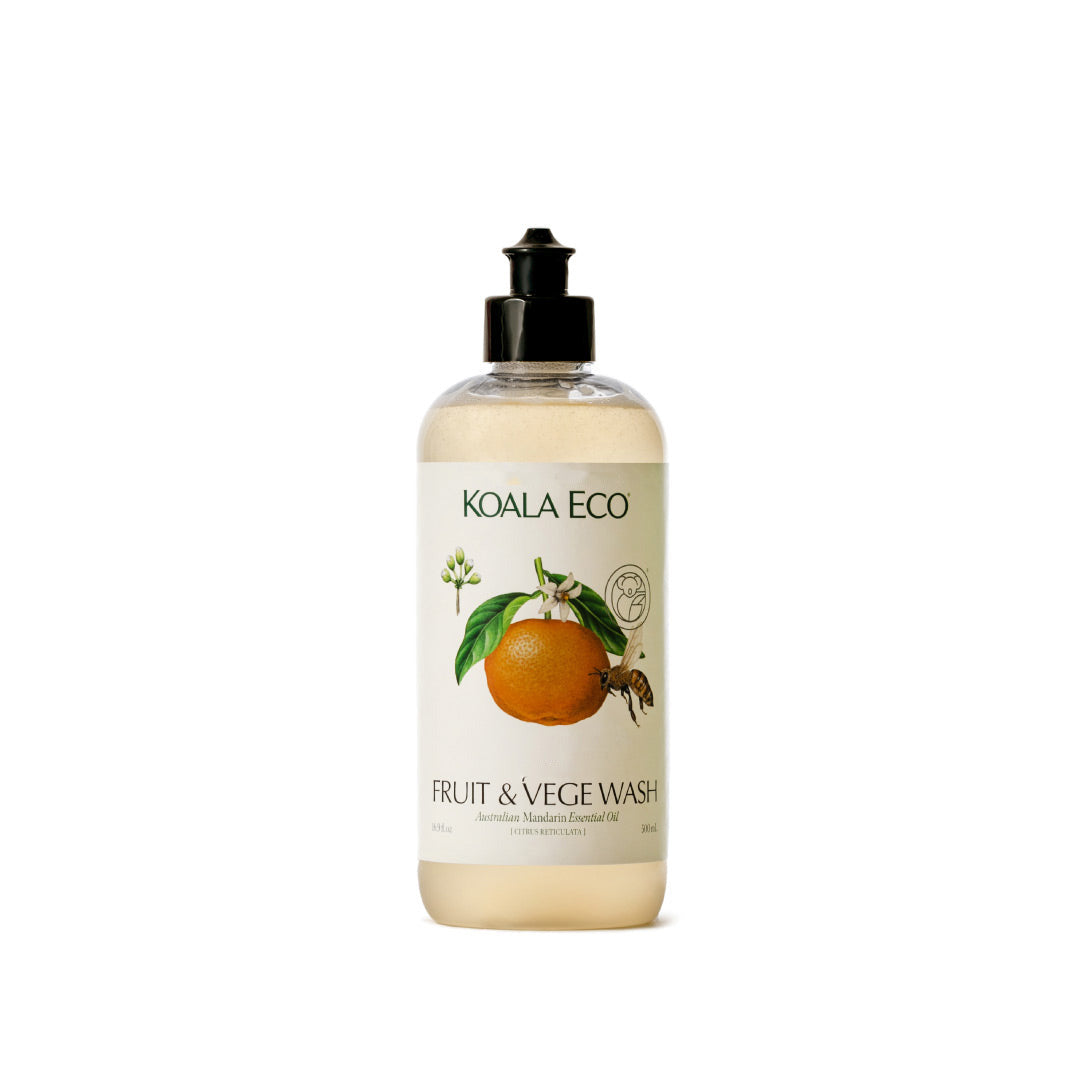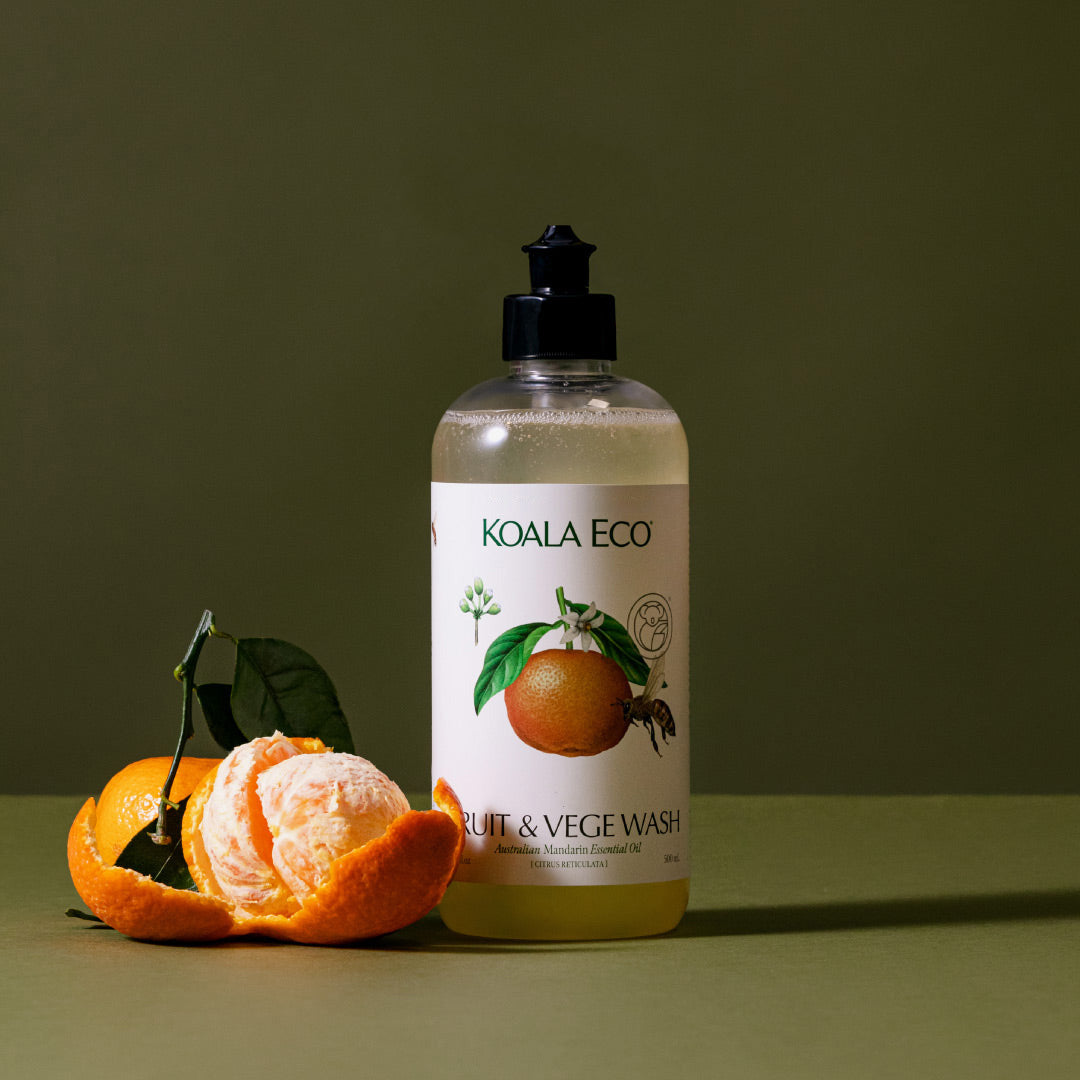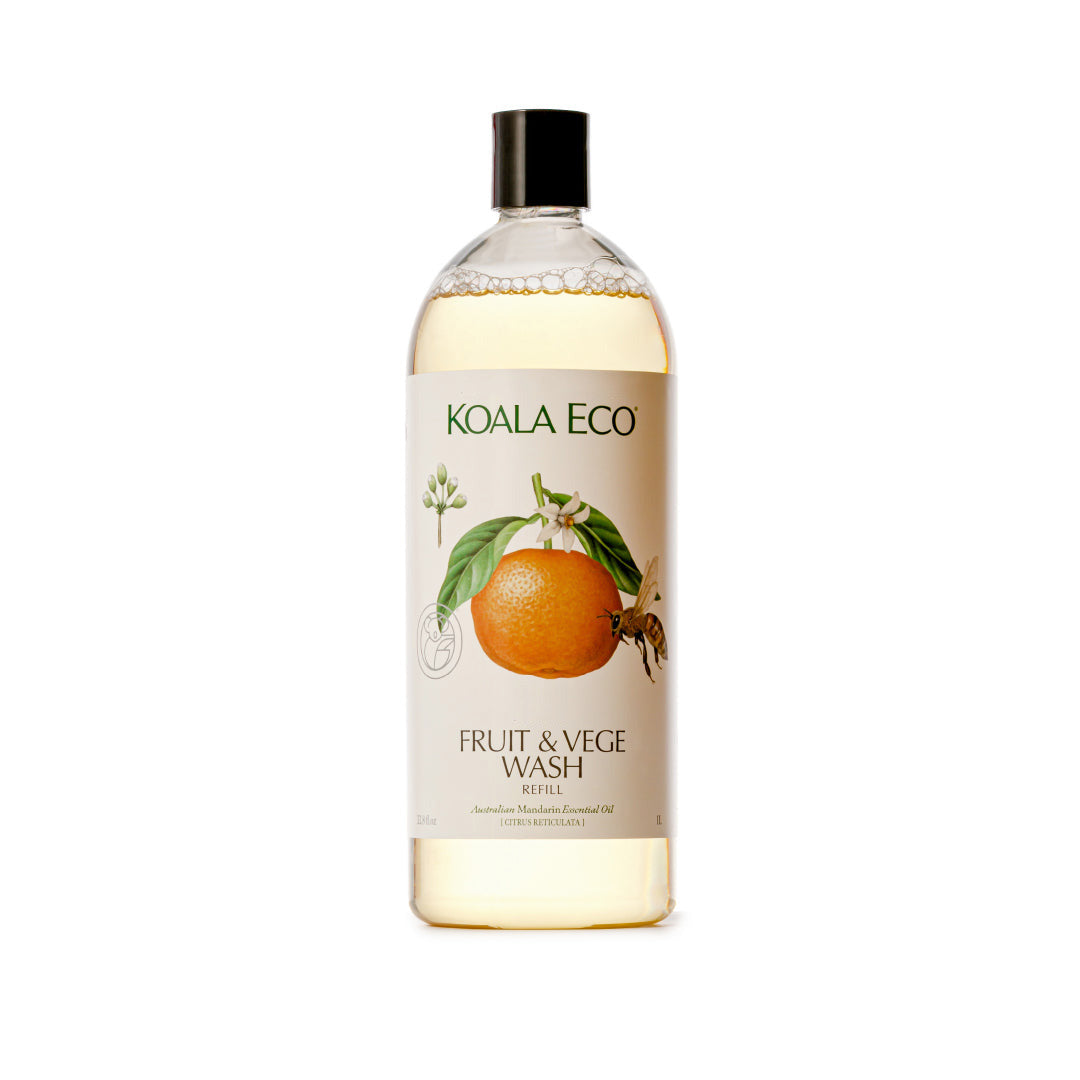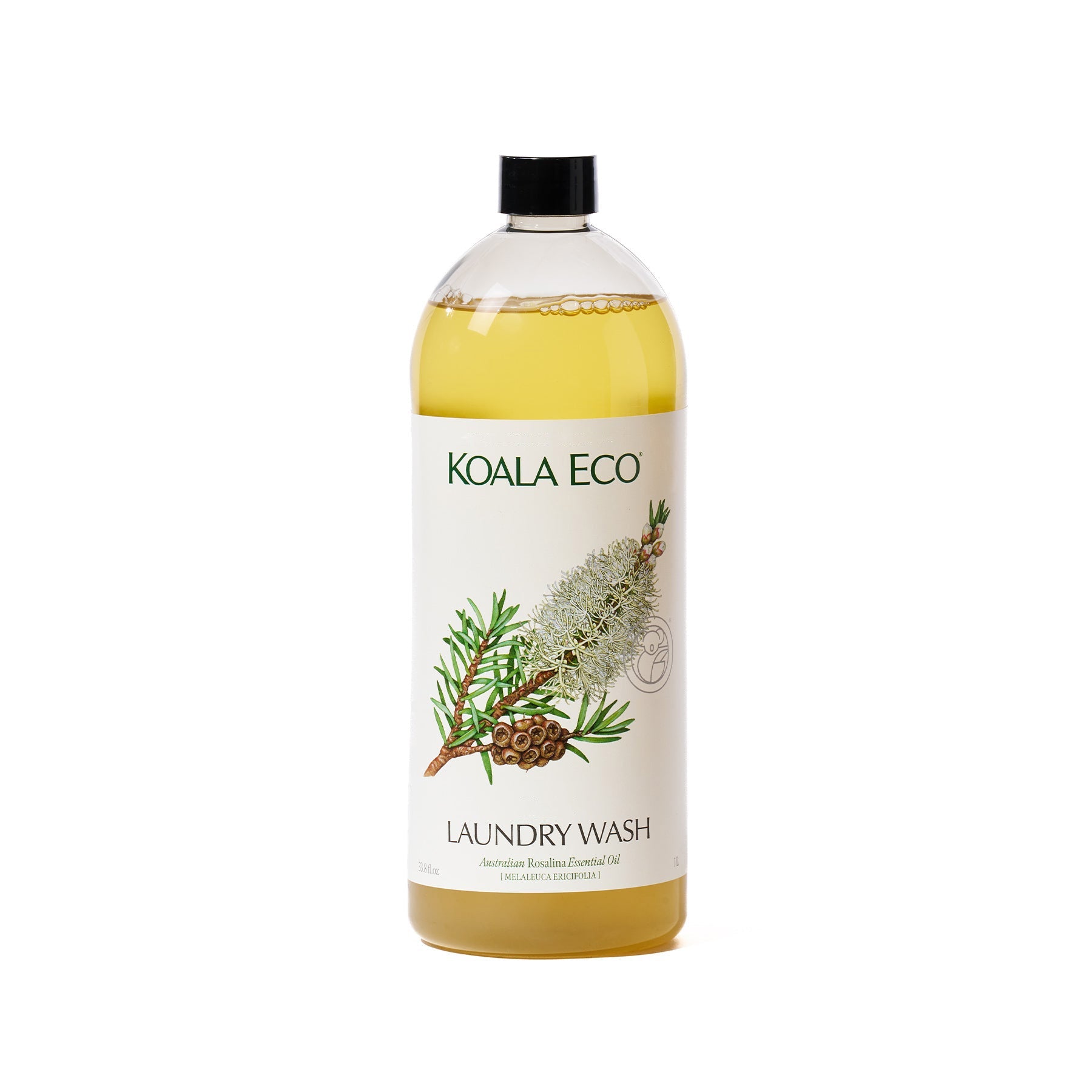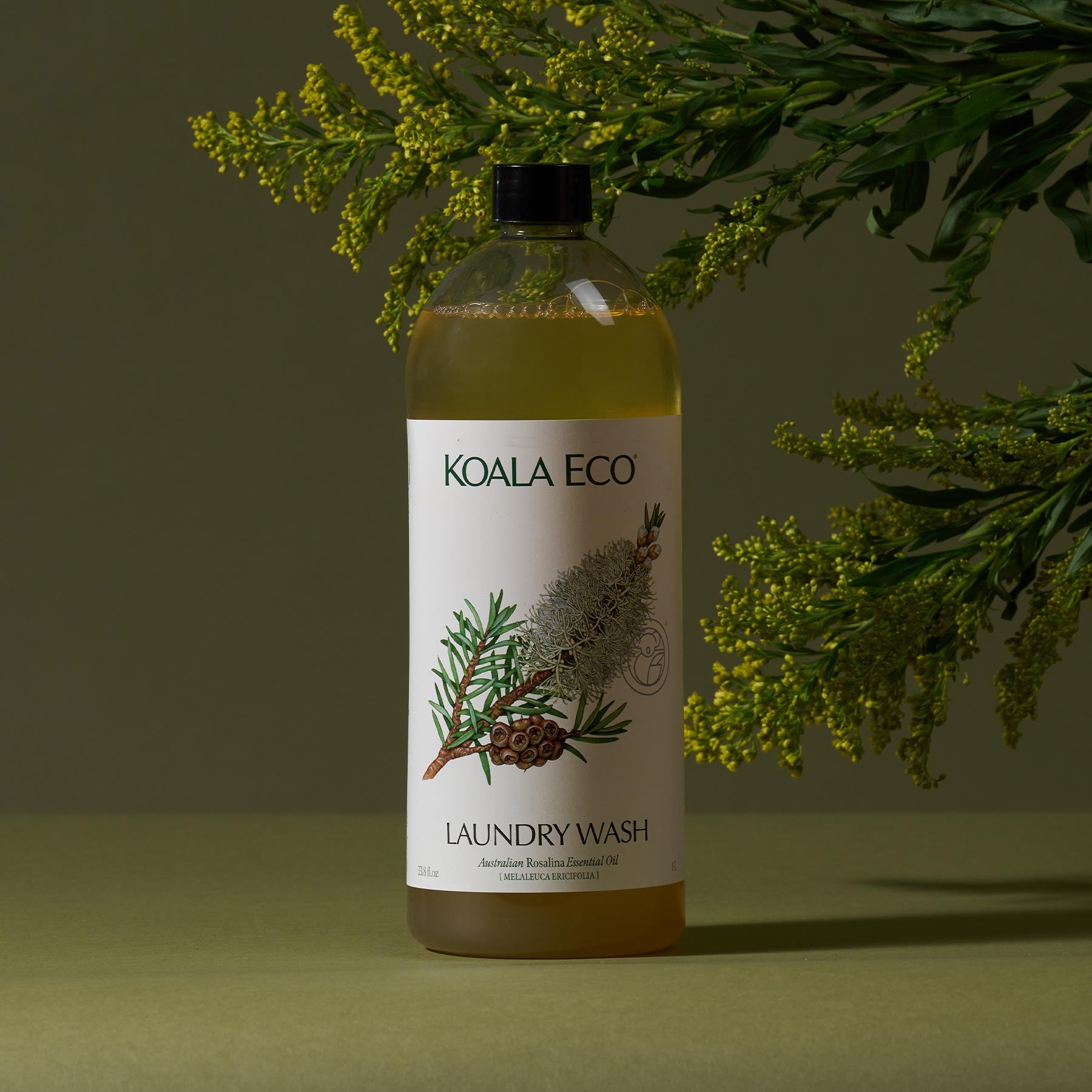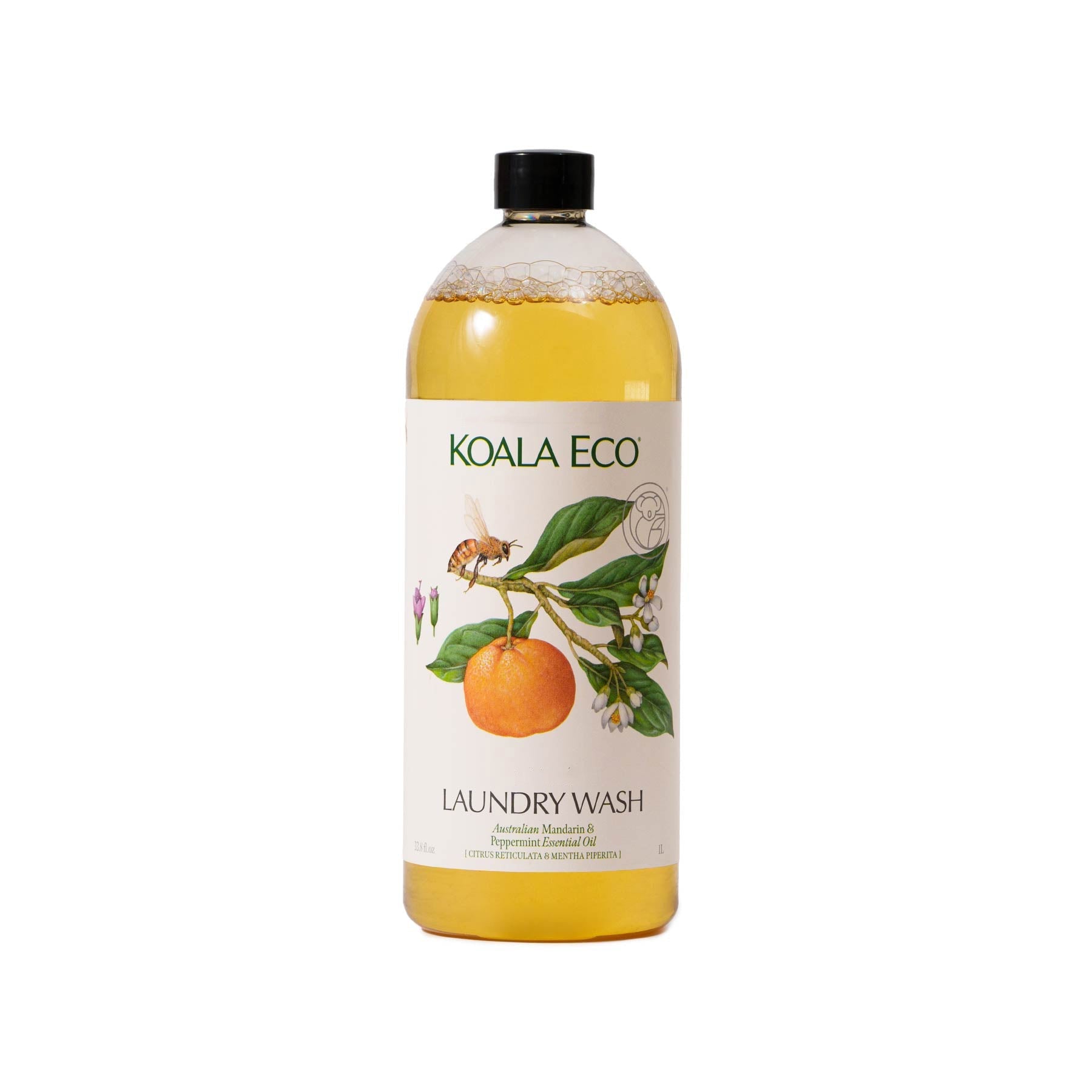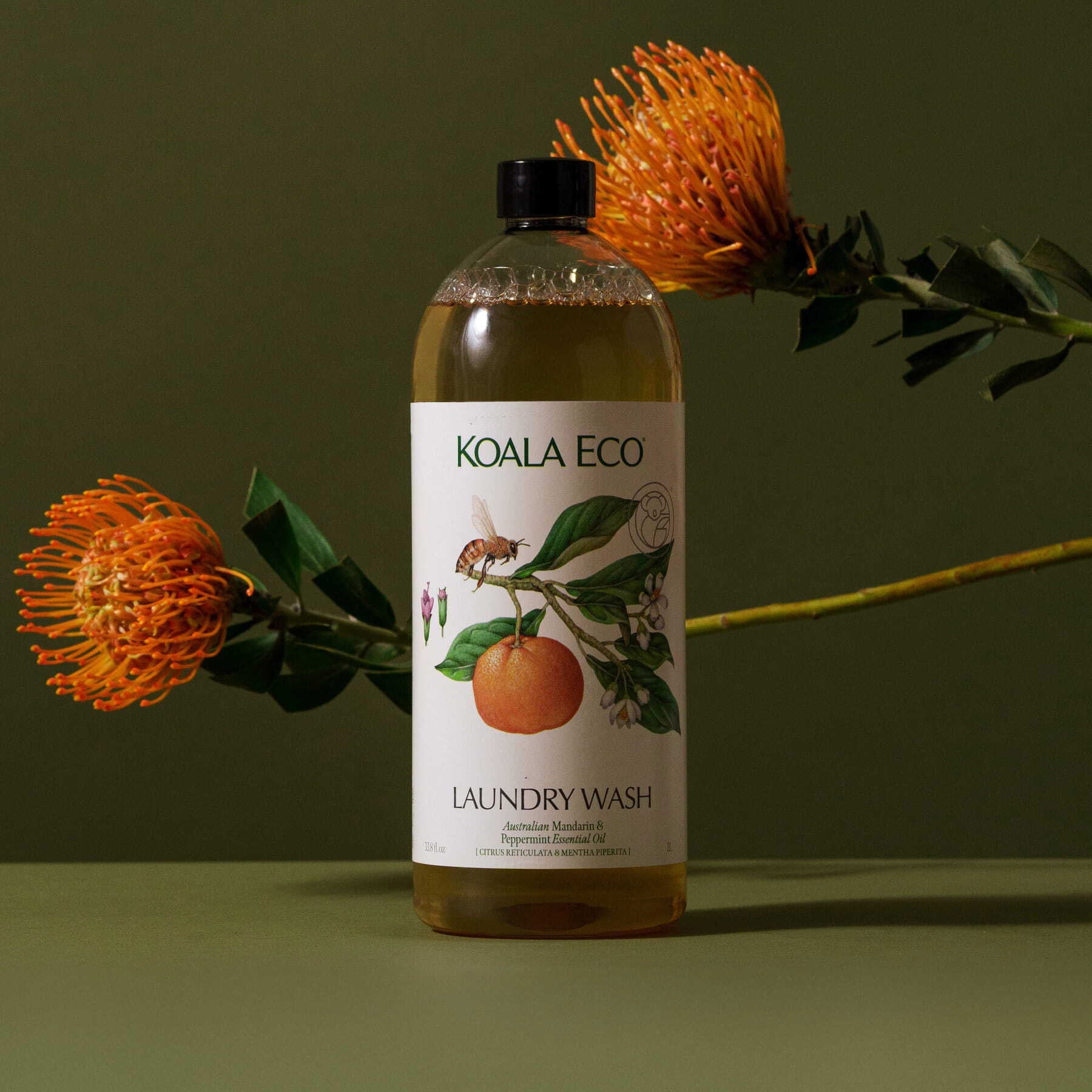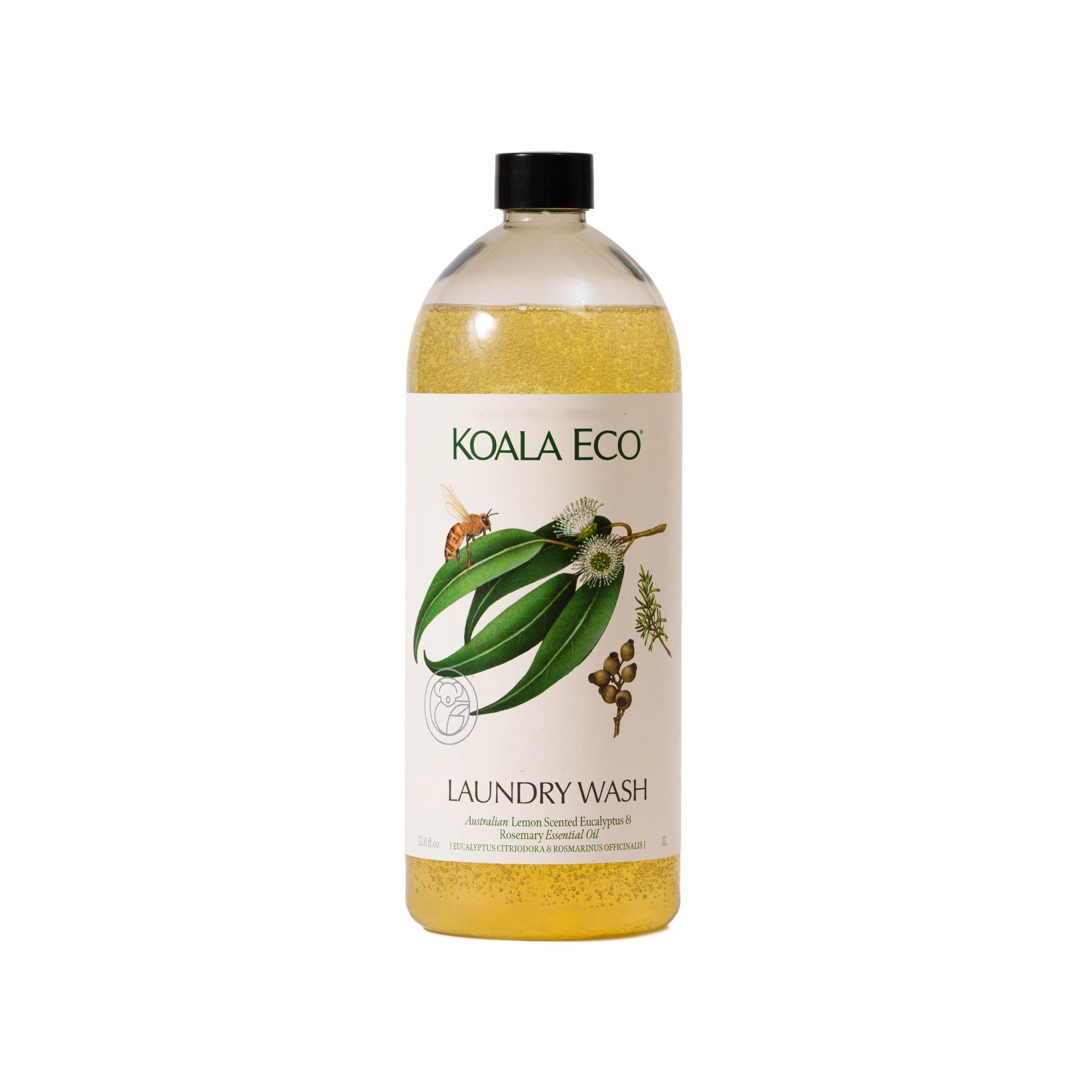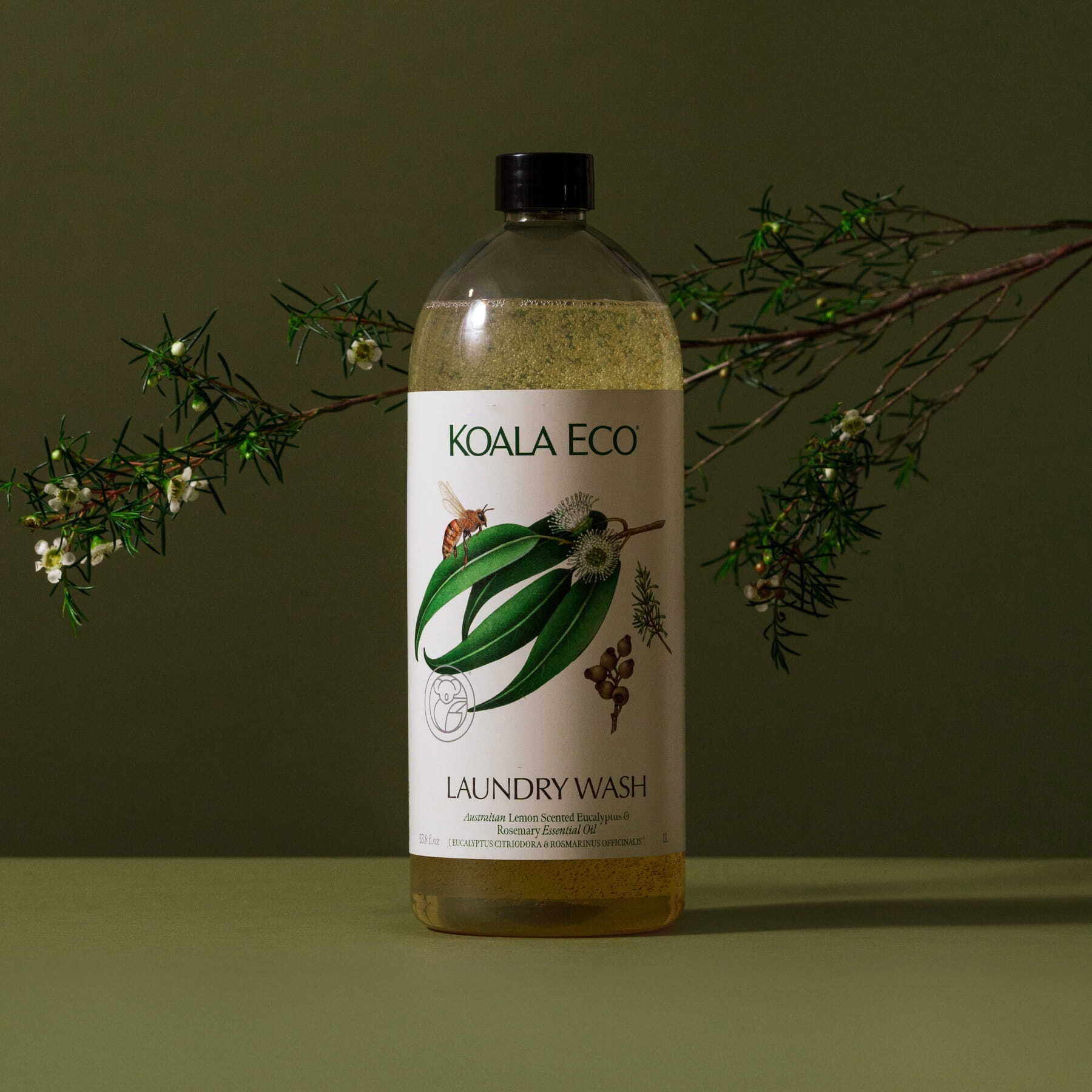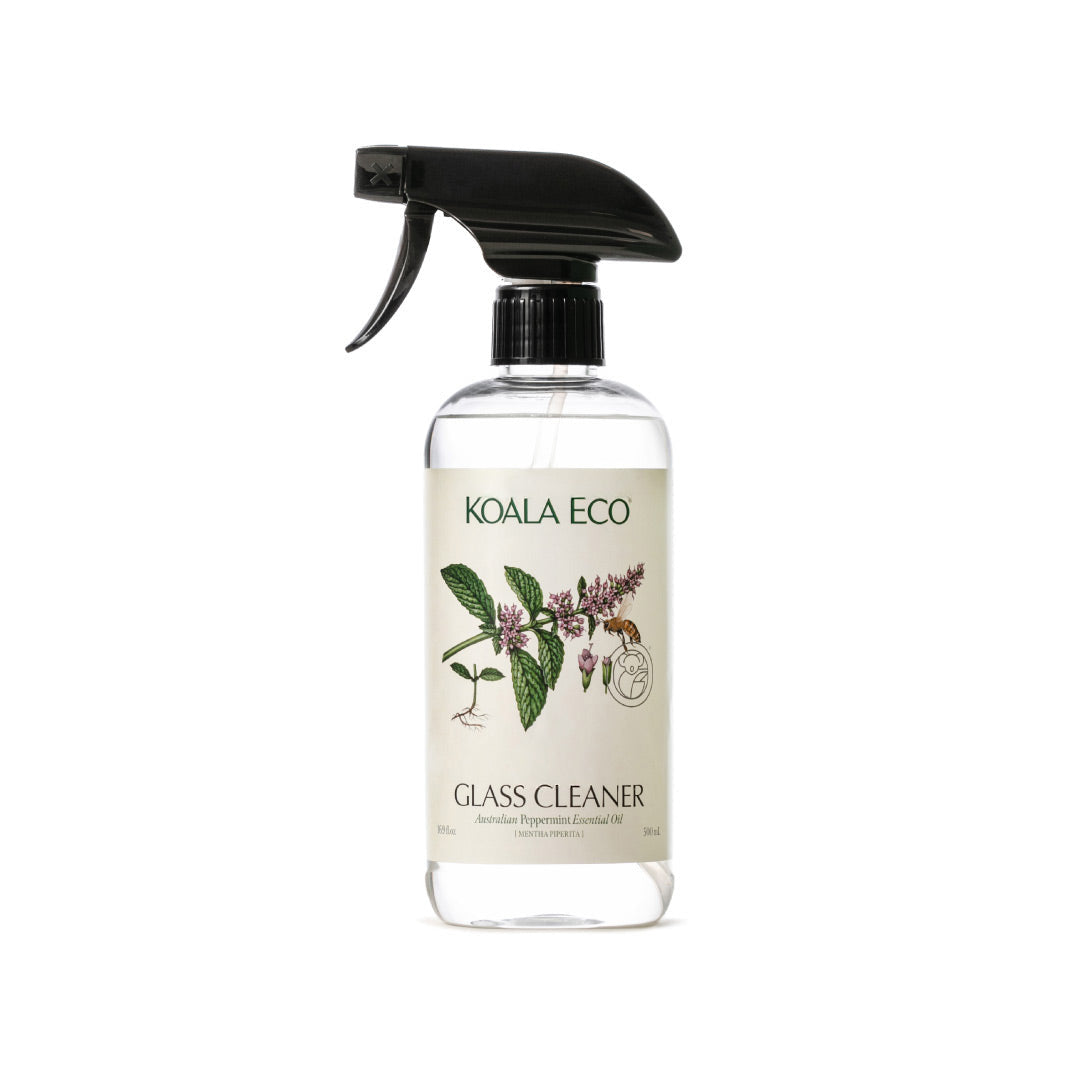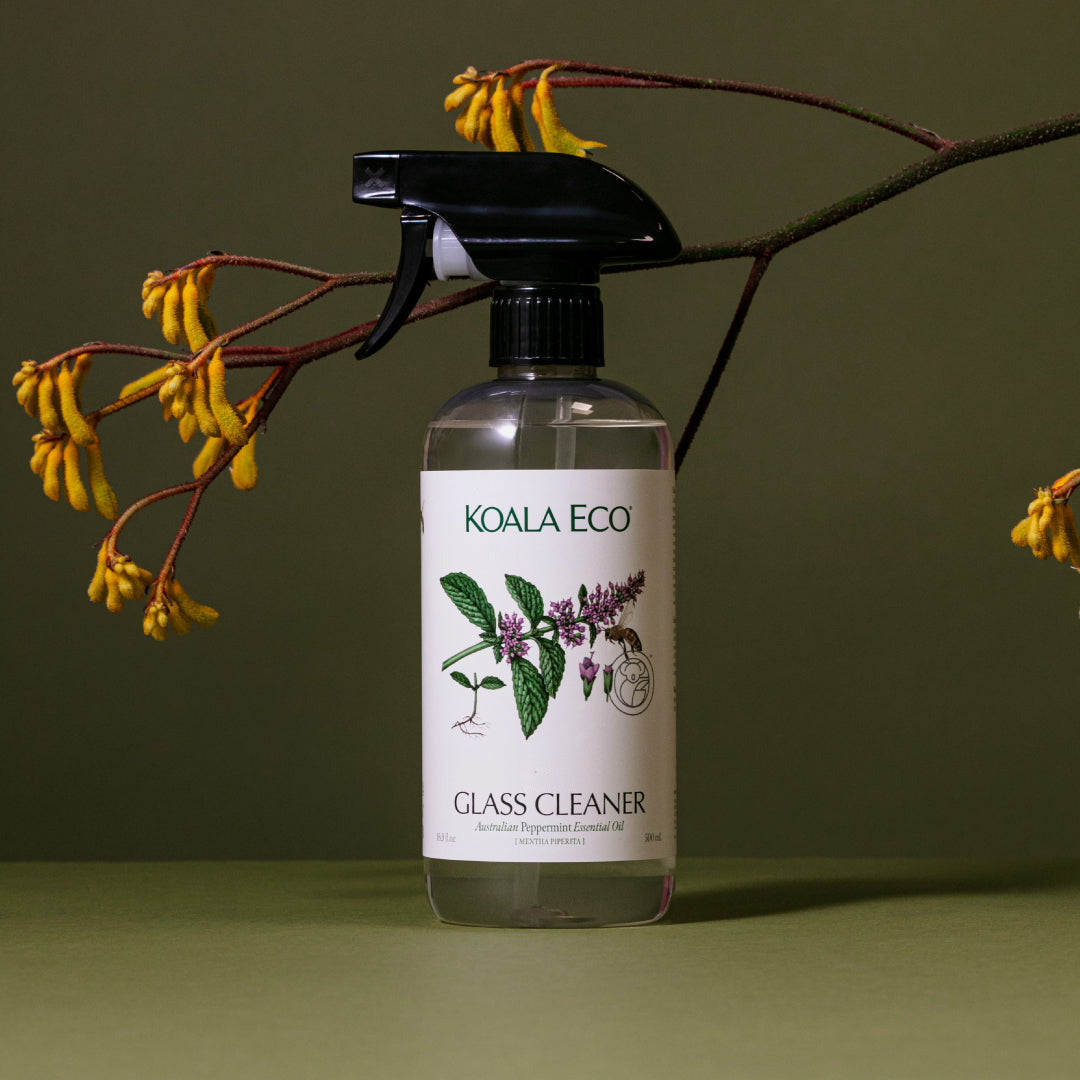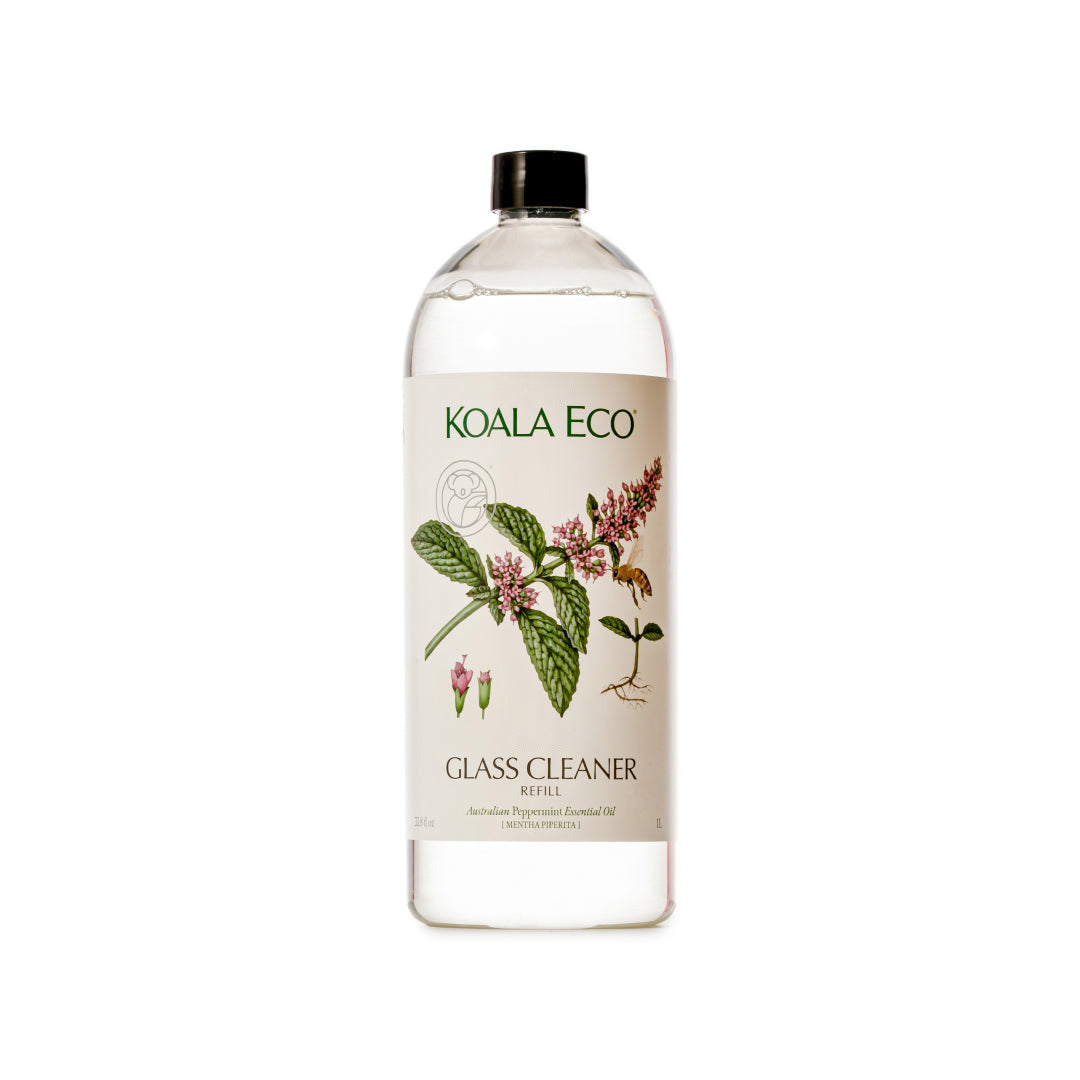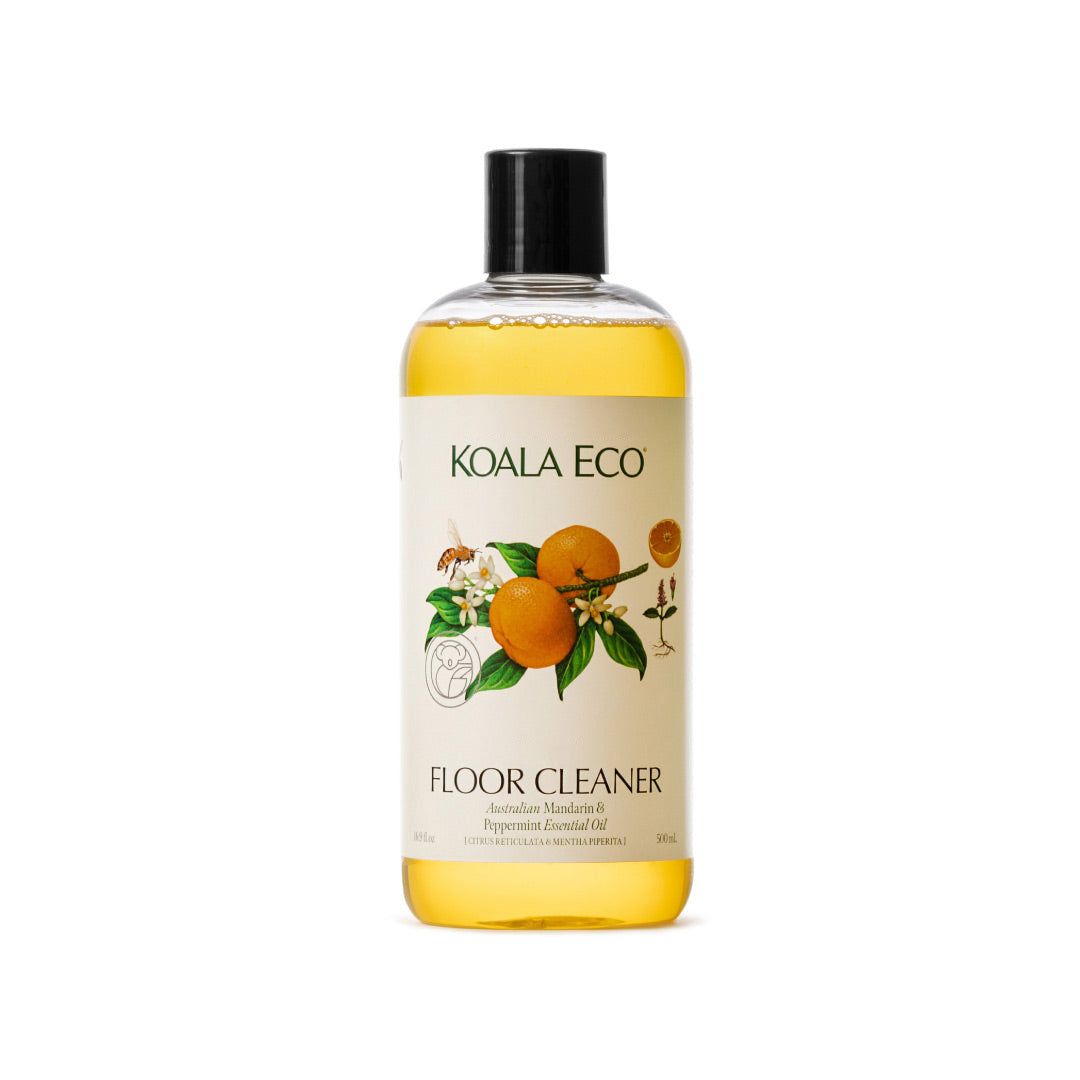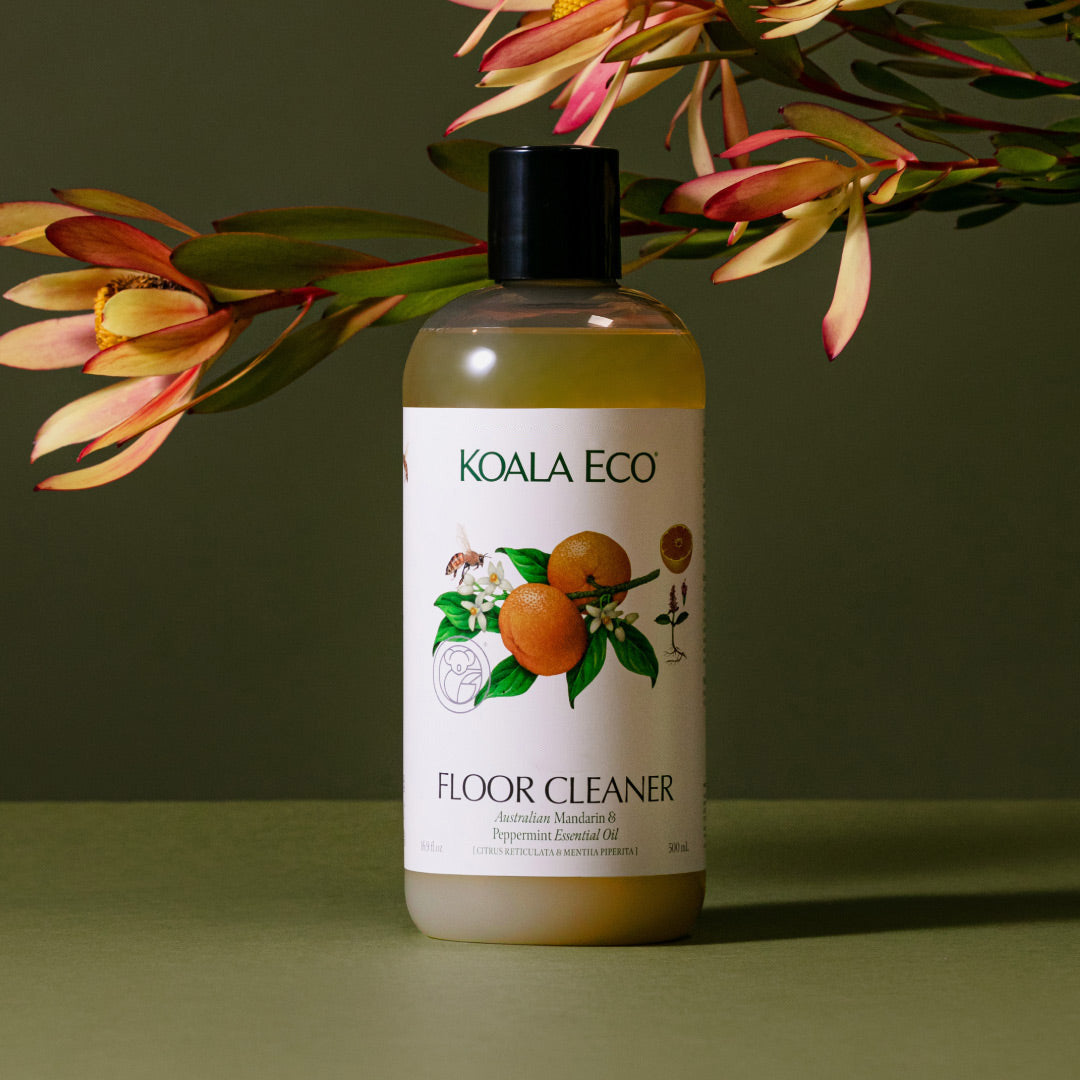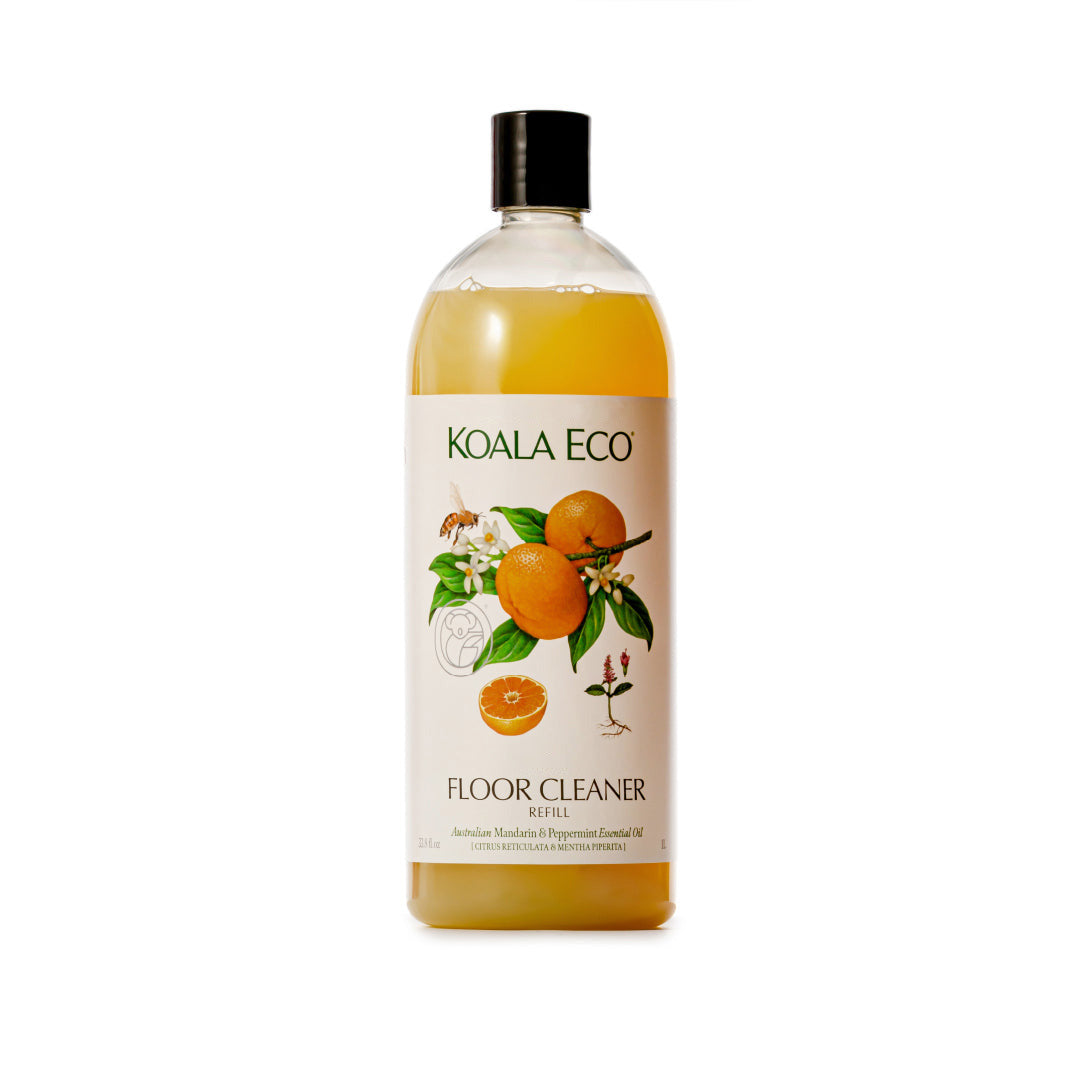I’ve been thinking a lot lately about self-judgement, about how harshly many of us, myself included tend to judge what we feel to be failings and beat ourselves up over perceived inadequacies and missed opportunities. How often we can neglect to pause and celebrate achievement and just seem automatically to power on to the next challenge. How often we forget to acknowledge that much of life is out of our control, which naturally feels stressful, but ultimately is not linked to worth as a person.
As with so many things affecting attitudes and behaviour—positive and negative—some self-judgement likely has a few roots in childhood. Some of it stems from reflexes developed in adulthood and allowing negative self-talk to influence the assessment of ‘performance’ as a parent, partner, entrepreneur and friend. I’ve put performance in quotation marks because these days, when we’re bombarded by so many images and accounts of other people supposedly doing things better, roles like parent, partner etc., do take on a performative aspect. Even the way we describe them: as ‘roles.’
So as a means of nurturing the capacity for a more loving way to treat ourselves, each time you catch yourself in the act of negative self-judgement, I would ask yourself, ‘would you talk like this to a dear friend? To your children?’ So often, we can be caring and compassionate with other people, but we struggle with being compassionate with ourselves!
There’s been much research carried out on the beneficial effects of self-compassion. Dr Kristin D Neff of the University of Texas, a leading researcher in this field, notes:
When we’re kind to ourselves, clearly seeing ourselves as part of a larger, interconnected whole, we feel valuable, safe, accepted and secure … Self-compassion tends to soften rather than reinforce ego-protective boundaries between self and others, bring[ing] the same sense of kind, caring concern towards ourselves that we more habitually apply to those closest to us (Neff, 2011)
Neff says her definition of self-compassion derived from Buddhist psychology. She notes that being compassionate with oneself is important when external stresses are hard to bear, but adds that self-compassion is equally relevant ‘when suffering stems from our own mistakes, failures or personal inadequacies.’ Rather than berating ourselves for supposed weaknesses, we can acknowledge our pain and difficulty; use a softer, more supportive emotional tone of language towards ourselves, Neff suggests, and just be accepting of the fact that we are imperfect.
I’m convinced that being in nature helps me to cultivate a kinder, more caring attitude toward myself. It involves conscious and constant daily practice. I’ve been particularly inspired by the observations of the late spiritual teacher Ram Dass, who gives a beautiful example of how nature can help us heal and educate ourselves:
When you go out into the woods and you look at trees, you see all these different trees. And some of them are bent, and some of them are straight, and some of them are evergreens, and some of them are whatever. And you look at the tree and you allow it. You see why it is the way it is. You sort of understand that it didn’t get enough light, and so it turned that way. And you don’t get all emotional about it. You just allow it. You appreciate the tree.
The minute you get near humans, you lose all that. And you are constantly saying, “You’re too this, or I’m too this.” That judging mind comes in. And so I practice turning people into trees. Which means appreciating them just the way they are.
Jessica
Sources
Neff, Kristin D, 2011. ‘Self-Compassion, Self-Esteem, and Well-Being.’ Social and Personality Psychology Compass 5/1.
https://self-compassion.org/wp-content/uploads/2015/12/SC.SE_.Well-being.pdf
https://www.themarginalian.org/2023/01/13/ram-dass-tree/
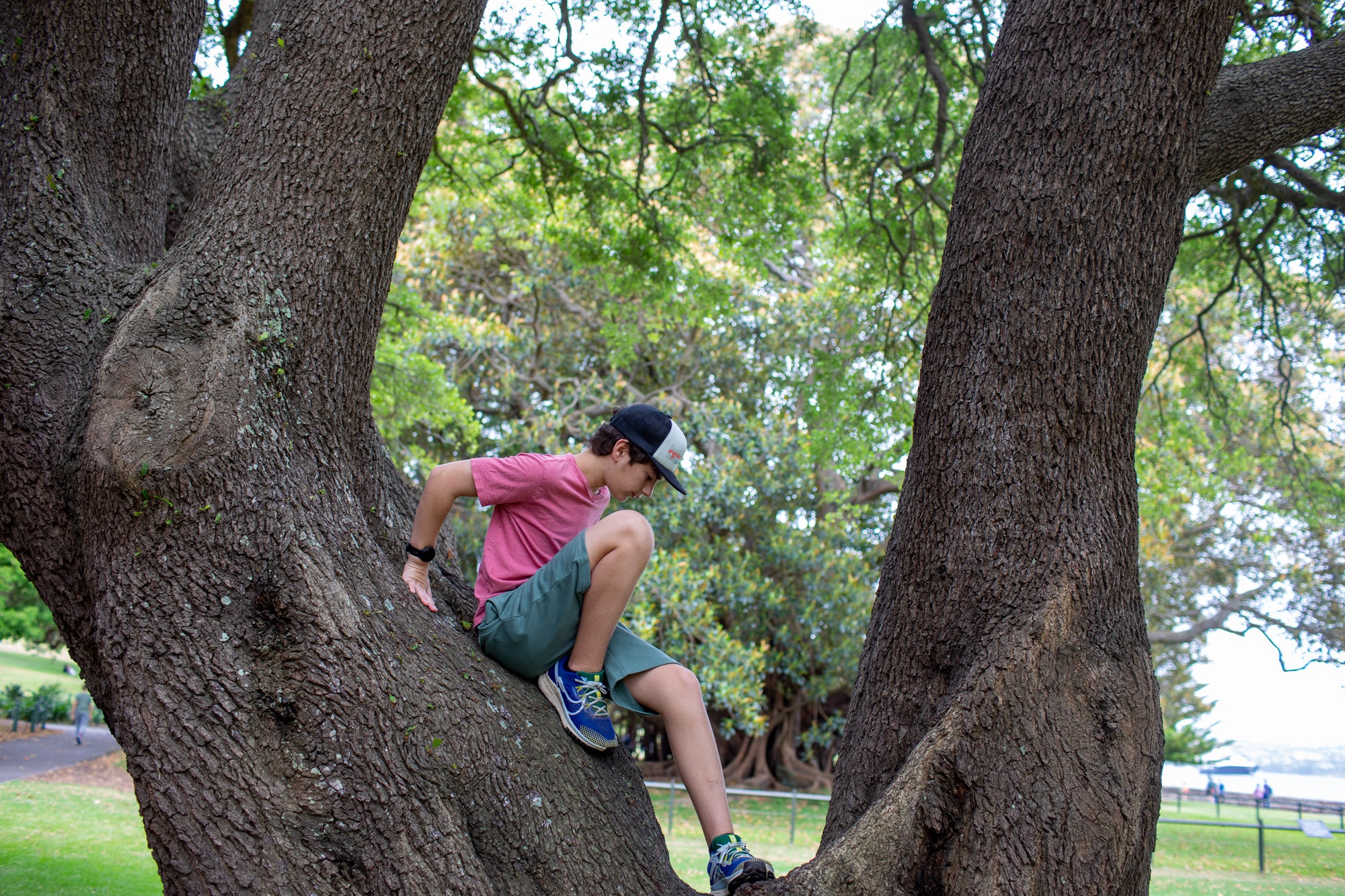
![The Sunday Reset - Inspired by Rosemary [Rosmarinus officinalis]](http://usa-koala-eco.myshopify.com/cdn/shop/articles/KoalaEco-2025-Sunday_Reset-Rosemary-Journal_Banner.jpg?v=1767954475&width=2000)





